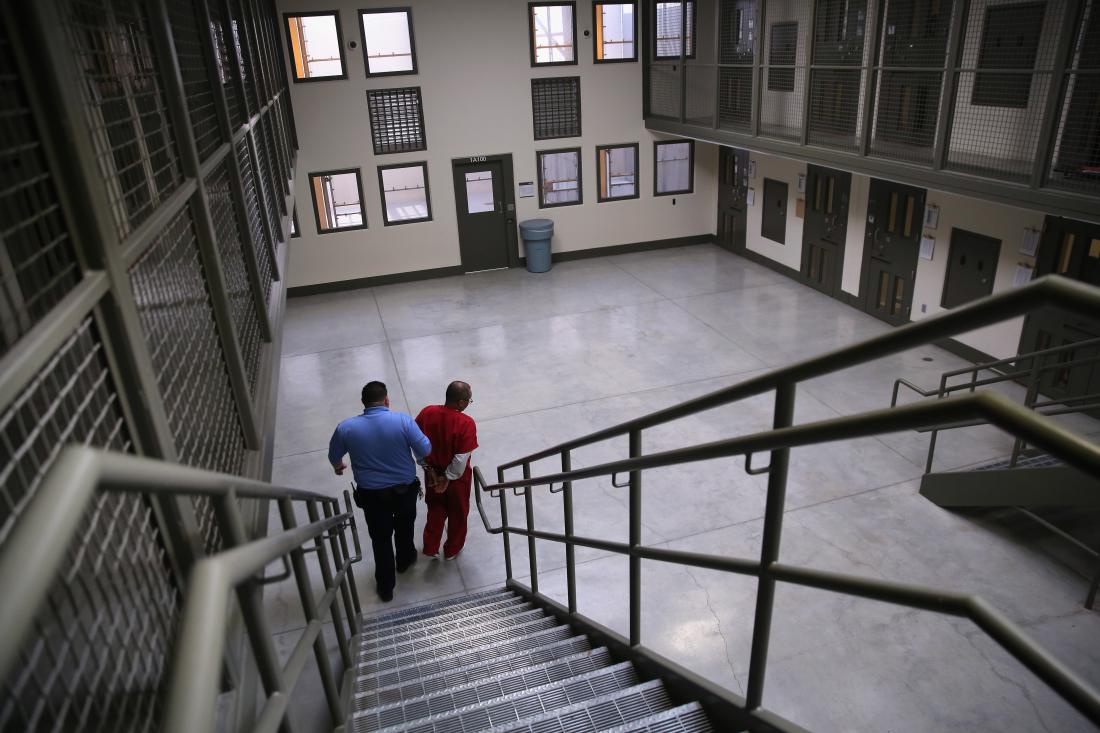
Corrections Corporation of America, the country’s largest owner of private prisons, has faced renewed backlash against its business practices after theDepartment of Justice last week announced it would phase out use of for-profit facilities for federal inmates.
The decision followed a damning Inspector General’s reportreleased earlier this month declaring private prisons to be less safe and effective than their government-run counterparts.
Private prison companies have been sharply criticized in the past by prison reform advocates for housing inmates in deplorable conditions and exploiting mass incarceration for profit.
Many such advocates, including the American Civil Liberties Union, have claimed that the business models of CCA and other private prison companies are reliant on high incarceration rates, creating a massive incentive for said companies to lobby against criminal justice reforms.
This quote, from a 2005 annual CCA report found in the Securities and Exchange Commission archives, reemerged in a New Yorker article on Wednesday. The quote appears to validate claims regarding the private prison industry’s concern with reform (emphasis ours):
“Our growth is generally dependent upon our ability to obtain new contracts to develop and manage new correctional and detention facilities. This possible growth depends on a number of factors we cannot control, including crime rates and sentencing patterns in various jurisdictions and acceptance of privatization.
“The demand for our facilities and services could be adversely affected by the relaxation of enforcement efforts, leniency in conviction and sentencing practices or through the decriminalization of certain activities that are currently proscribed by our criminal laws.For instance, any change with respect to drugs and controlled substances or illegal immigration could affect the number of persons arrested, convicted and sentenced, thereby potentially reducing demand for correctional facilities to house them.
“Similarly, reductions in crime rates could lead to reductions in arrests, convictions and sentences requiring incarceration at correctional facilities.”
The CCA’s concerns about lower incarceration rates are perhaps best evidenced by its branching out beyond the federal government’s Bureau of Prisons and into halfway houses, reentry and rehabilitation services, and immigration detention.
In a statement last week, a CCA spokesperson noted that the company’s contracts with the BOP made up just 7% of its business.
Source:http://www.businessinsider.com/2005-cca-report-shows-private-prison-opposition-to-criminal-justice-reform-2016-8


